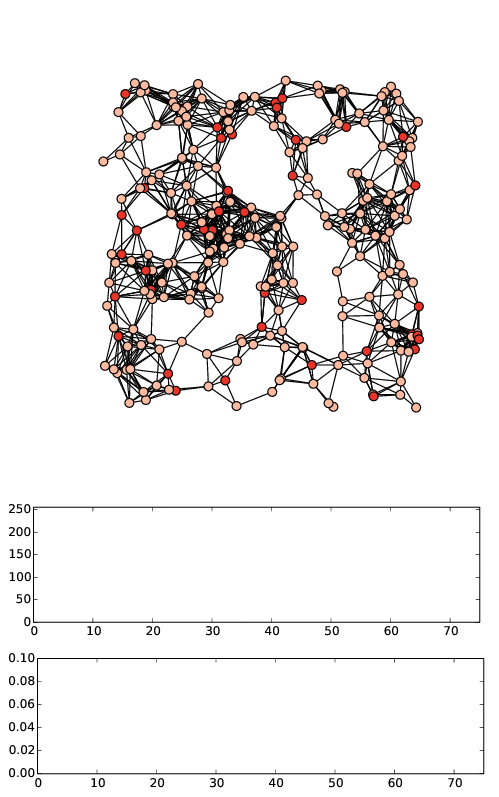Mesoscopic models of the brain

The brain is an extraordinarily complex object, both, from the point of view of its morphology and its dynamics. Its full theoretical description has been elusive for decades and many theoretical approaches have been raised to explain the incredibly large amount of data obtained over the decades. These theoretical descriptions address problems ranging from molecular dynamics to full brain behavior. Mesoscopic dynamics, though, is the scale at which many of the experimental data inform us about brain dynamics. EEG or MEG techniques record the average activity of thousands of neurons which work together in a coordinated way. The description of these aggregates of neurons have been conducted mainly using two different approaches. The microscopic approach describes the dynamics of these networks of neurons by considering the individual activity of each of them. Another approach, the so-called neural mass perspective, attempts to describe the activity of the network considering very simple equations which describe only the average activity of the network, the one recorded by experimental techniques. We study the dynamical behavior this type of models, their synchronization capacity, the effect of noise on them, etc. We pay attention, specially, to the effects introduced by dynamics which result in healthy and impaired activity. By considering, together, techniques coming from Engineering with these models we try to fuse information coming from the experimental recordings into the models. The applicability of our techniques range from the basic research on brain dynamics to clinical and technological applications of the neural mass models.
Key words: neural networks, neural mass models, brain dynamics, data-assimilation, Kalman filters, EEG, synchronization, functional networks, connectomics.
Involved Researchers: Antonio J. Pons.
Associated projects
Sistemas dinámicos complejos y herramientas avanzadas de análisis de datos.
This project studies nonlinear and stochastic phenomena in a broad class of systems including information processing by optical networks, extreme events in complex systems, neuronal excitability and brain dynamics, among many others.
Scientific coordinator: C. Masoller.
Funding Agency: Agencia estatal de investigación.
Participants: A. J. Pons.
Project ref. No.: PGC2018-099443-B-I00.
Start/Ends dates: 01/01/2019 - 31/12/2021.
Share: